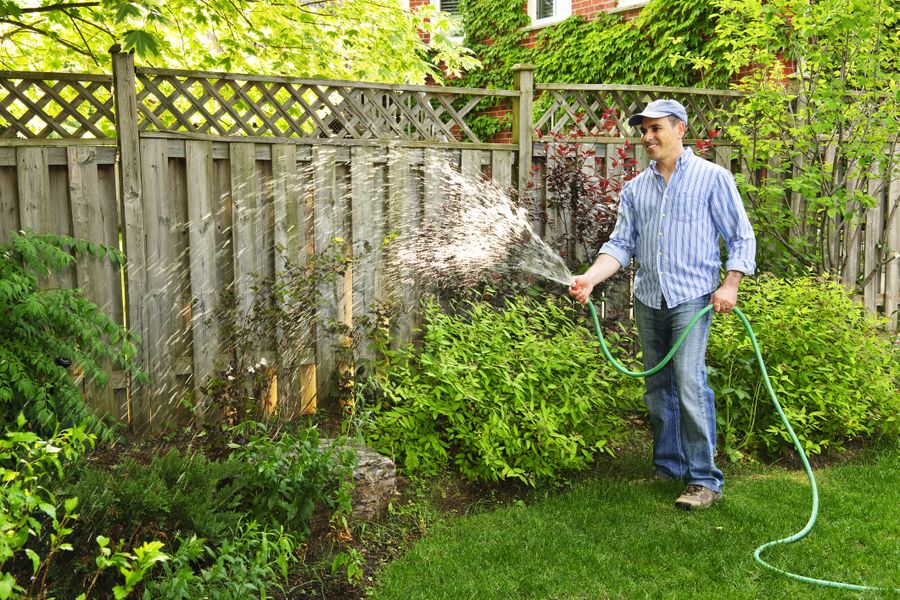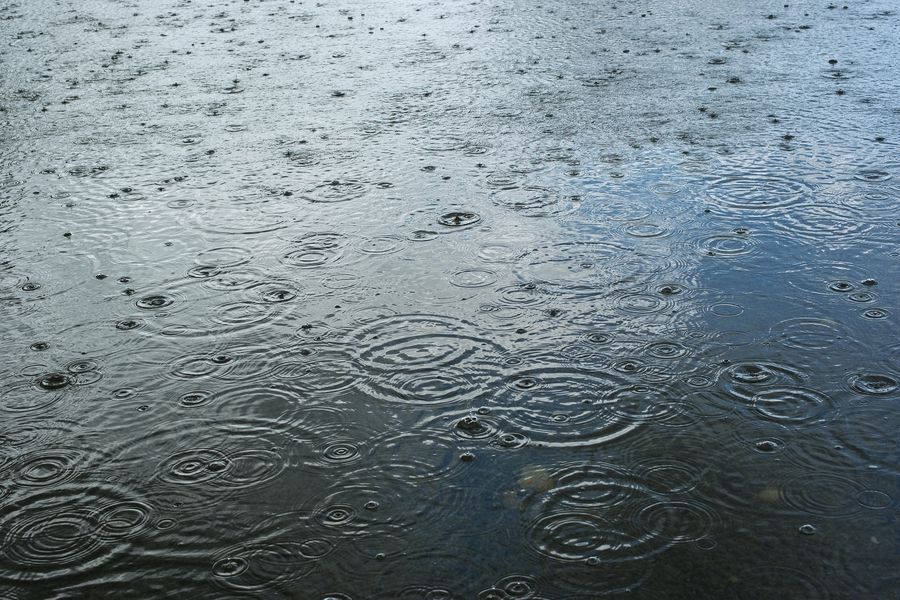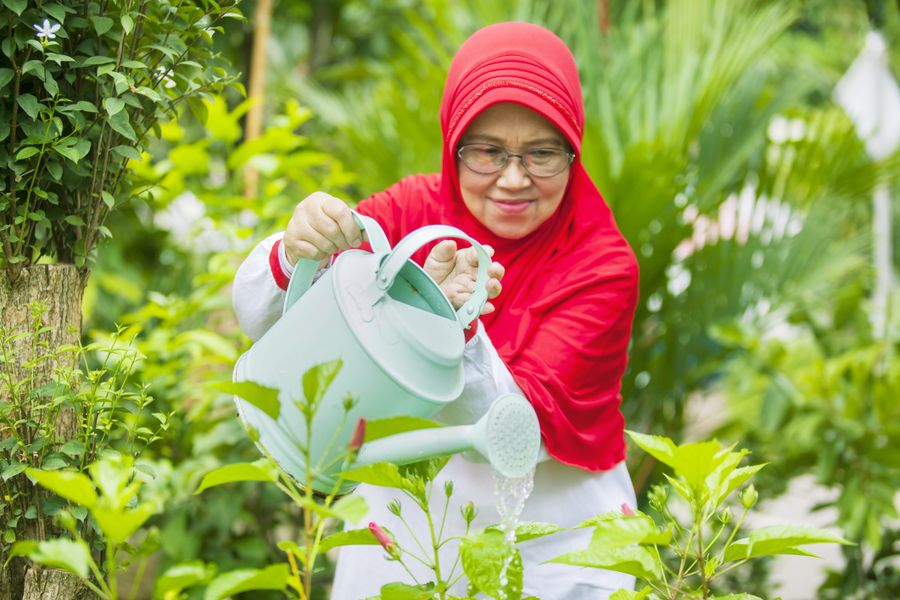How much to Water?
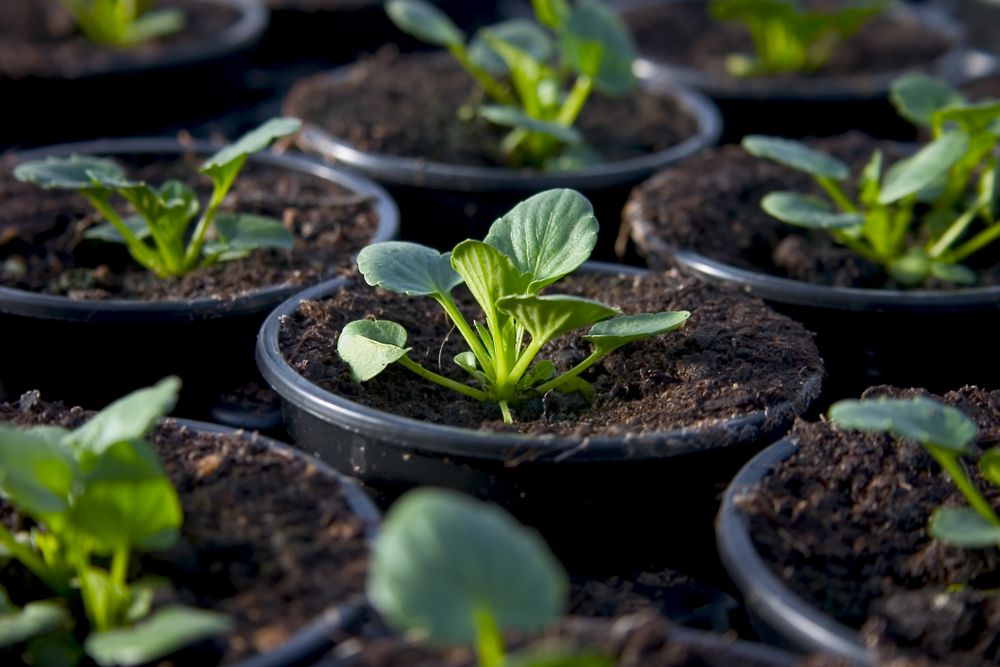
Don't overwater
Many plants are traditionally over-watered and some, like lavender, are watered to death. Before you even consider watering, push aside the mulch, stick your finger into the soil and if it is moist below the surface you don’t need to water.
- Many plants are much tougher than you think and will go for quite long periods without additional watering.
- Less frequent watering forces roots down to find water, making the plants less reliant on surface water and better able to stand hot, dry days.
Strategic watering
- A significant number of garden plants are drought tolerant and, even in drought conditions, will not need additional watering once established. With your existing plants we suggest you experiment with watering less and then not at all and observe them for signs of stress, including wilting and leaf fall.
- Think about what this means for manual and automatic watering systems. Does your entire garden need watering? Can you zone plants that need more or less water into areas so you can focus watering on the areas that really need it?
- If you have plants that need more water as soon as the weather warms up, could they be moved to a cooler area or protected from drying winds? Could they be replaced with drought tolerant plants this autumn that will have a similar appearance and style?
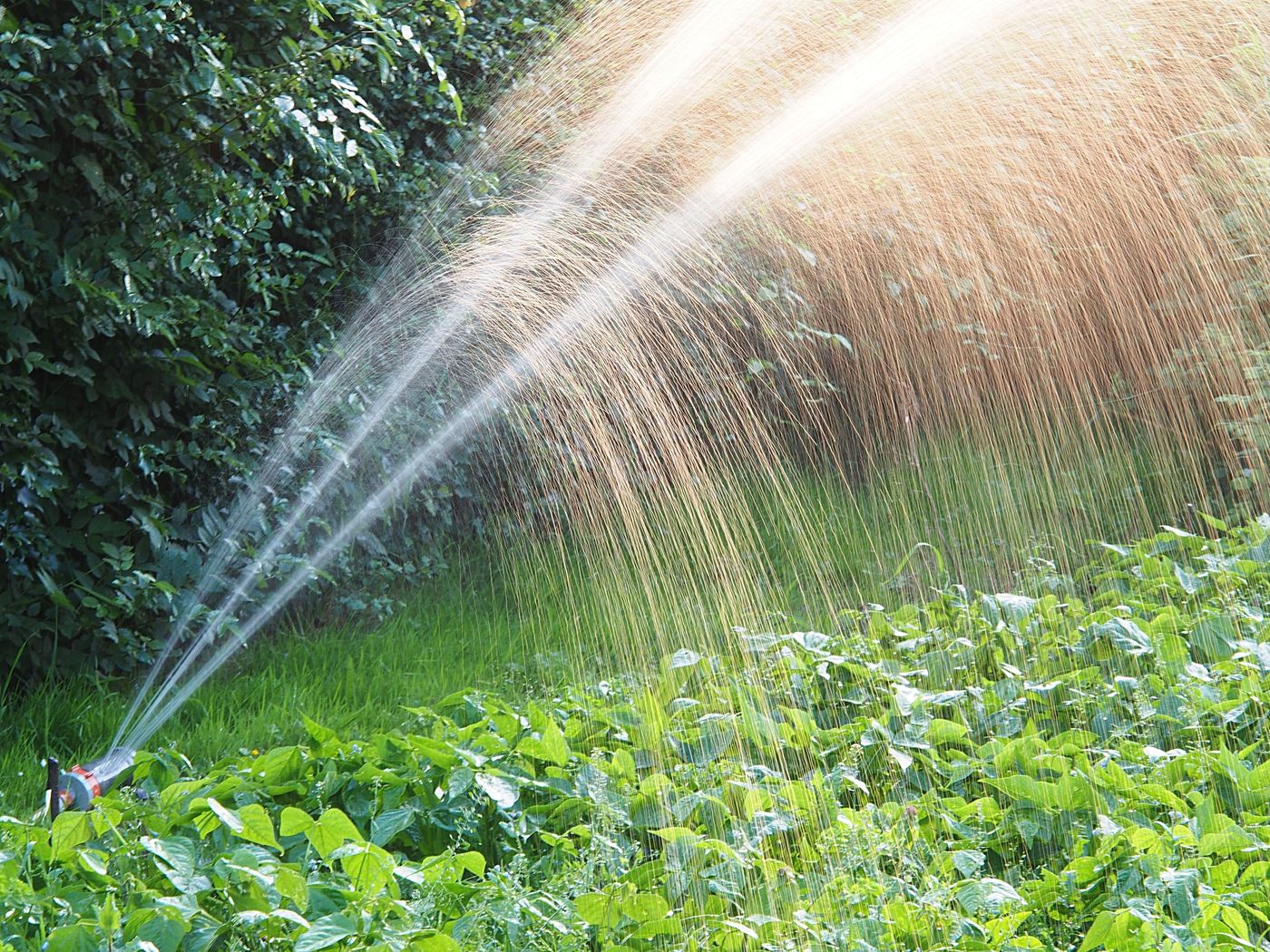

Smart watering
Look for Smart Drop Certified on a product website or packaging so you know that the product you are buying is water efficient, durable, fit for purpose and environmentally sustainable. Products certified by Smart Drop have been reviewed by a credible, robust Independent Expert Panel.
Want to water your lawn?
- The accepted wisdom is you should not water too often. Giving the lawn a proper drink, less often, encourages deeper root growth and means your grass will be more able to withstand heat stress and dry periods.
- Most people overestimate how much water their lawn needs. Grass is shallow rooted and rarely extends more than 25mm into the soil. Put more water than this on your soil and it's not helping your lawn or your water bill. Lawn does not need to be watered again until the soil dries out.
- Put a 25mm deep tuna tin out when you are watering your lawn and stop when the tin is full. Then watch how long it takes for the water to evaporate from the tin. That is when it is time to water again.
- Did you know that your lawn mowing practices affect how much water your lawn needs? The golden rule is never cut your lawn by more than a third of the grass length. Some people like to leave the clippings on the lawn to form a mini-mulch and retain moisture longer.

